Cameras, especially if you opt for a professional camera, are expensive. The manufacturing location of high-end cameras holds significant importance.
Celebrating success for more than 100 years, Nikon has gained the trust of many professional photographers.
A great number of photographers depend on the Nikon camera series.
The manufacturing location of a camera is not that important if the quality assurance is performed efficiently, but many professionals are still very careful about where a product is manufactured.
Nikon Z7 II, a high-end product of Nikon, has features that impress the professionals.
This blog will present a detailed Nikon Z7 ii review, how the camera is manufactured, and other essential elements involved.
Introduction to Nikon Z7 II
Nikon Z7 II is a camera you’d fall for. Among the best mirrorless cameras, the Nikon Z7 II is an ideal choice for every photography domain.
With its full-frame mirrorless specification, the camera is a top choice for most photographers.
Some Features that Make the Nikon Z7 II Stand Out
Nikon Z7 II has a full-frame sensor featuring a 45.7-megapixel CMOS sensor.
The camera’s image processing is excellent, provided by dual EXPEED 6 processors, improving autofocus usage and enhancing the overall quality.
Other features that make the Nikon Z7 II a popular choice among professional photographers are its high fps rate, allowing continuous shooting, hybrid autofocus systems, and dual card slots for storage.
Manufacturing of Nikon
An Overview of Nikon Manufacturing
Nikon, as a company, started back in the 20th century (around 1970) with the production of products like small-prism binoculars in Tokyo, Japan.
Later, the company grew and manufactured its first microscope and optical glasses.
As technology advanced, Nikon emerged as a reputed camera brand.
Nikon Z7: Production in Thailand
The company was established in Japan for around 70 years.
The Sendai manufacturing facility, having an area of 27,000 square meters, has provided technical assistance to the manufacturing and production of Nikon cameras for overseas trade.
The journey of the Sendai facility started with the production of the first camera by Nikon in 1979, Nikon EM.
Interestingly, the first camera, i.e., Nikon EM, produced around twenty experimental cameras in series.
However, the company announced that its production will completely shift to Thailand.
Shifting to a different manufacturing location means the original manufacturing facility will no longer be manufacturing Nikon Cameras in Sendai, Japan.
The shift in manufacturing location was estimated to be completed around the end of year 2021.
The primary reason for shifting Nikon production to Thailand is to reduce production costs.
While the manufacturing facility is being shifted to Thailand, the original manufacturing location will continue manufacturing parts.
The assembly part will no longer be done in Japan.
The Nikon cameras were manufactured in Thailand only. But the high-end camera types of Z6, Z7, and D6 were manufactured in Japan, Tokyo.
While the manufacturing branch produced Nikon cameras in mass, the manufacturing facility of Japan is often called the test bed for the production and assembling of new products.
Why Did Nikon Shift to Thailand?
The change of manufacturing facility is because of a natural catastrophe that hit the Sendai plant in Japan in 2011, affecting the production of new Nikon cameras from that location.
The catastrophe followed at their other branch, resulting in the shutdown of the Thailand manufacturing facility.
Nikon survived the damaging effects because a few cameras were manufactured in China.
After the catastrophe, the company focused a lot on disaster management and planned a distributed system of manufacturing and supply.
Where Does Nikon Make All its Lenses?
The lenses for Nikon cameras are made in both the manufacturing facilities, i.e., Japan & Thailand.
Manufacturing materials for high-end Nikon models is mostly done in Japan, while Thailand is the production hub for mass production.
Nikon Z7 Lenses
If we only want to focus on Z lenses for Nikon cameras, we must know that there are a variety of Z lenses that are manufactured.
The Z6 and Z7 models were manufactured in the Japan facility but have now been shifted to the Ayutthaya manufacturing facility in Thailand.
All the Z, including Nikon’s Z7 II model cameras, are currently manufactured in Thailand.
Nikon Z7 II, one of Nikon’s high-end products, has desirable features that make it a perfect fit for professionals.
The lenses for Nikon Z7 II are currently manufactured and assembled in Thailand.
Summing Up!
Nikon Z7 II is one of the mirrorless cameras that has all the features and specifications that a professional photographer would need.
Nikon has made it a reputed and successful business where high-end cameras are concerned.
While the quality, compatibility, and durability of the camera are unmatched, one doubt that people often have is the manufacturing location of the camera.
Where a product is manufactured is not that important if it provides quality output.
But for some users, it is an important aspect. The production of the Nikon Z7 II was initially done in its Japan manufacturing facility.
Still, it has been shifted to Thailand, like the production of other cameras from the brand.
Comment down the topics you want to read more about in the comments below!
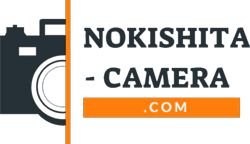
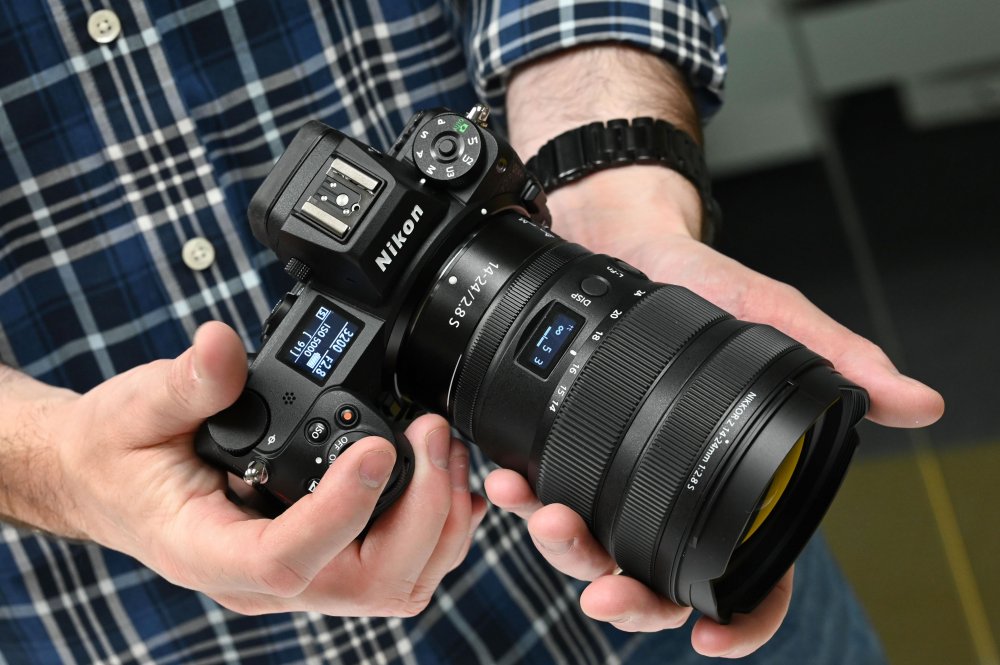
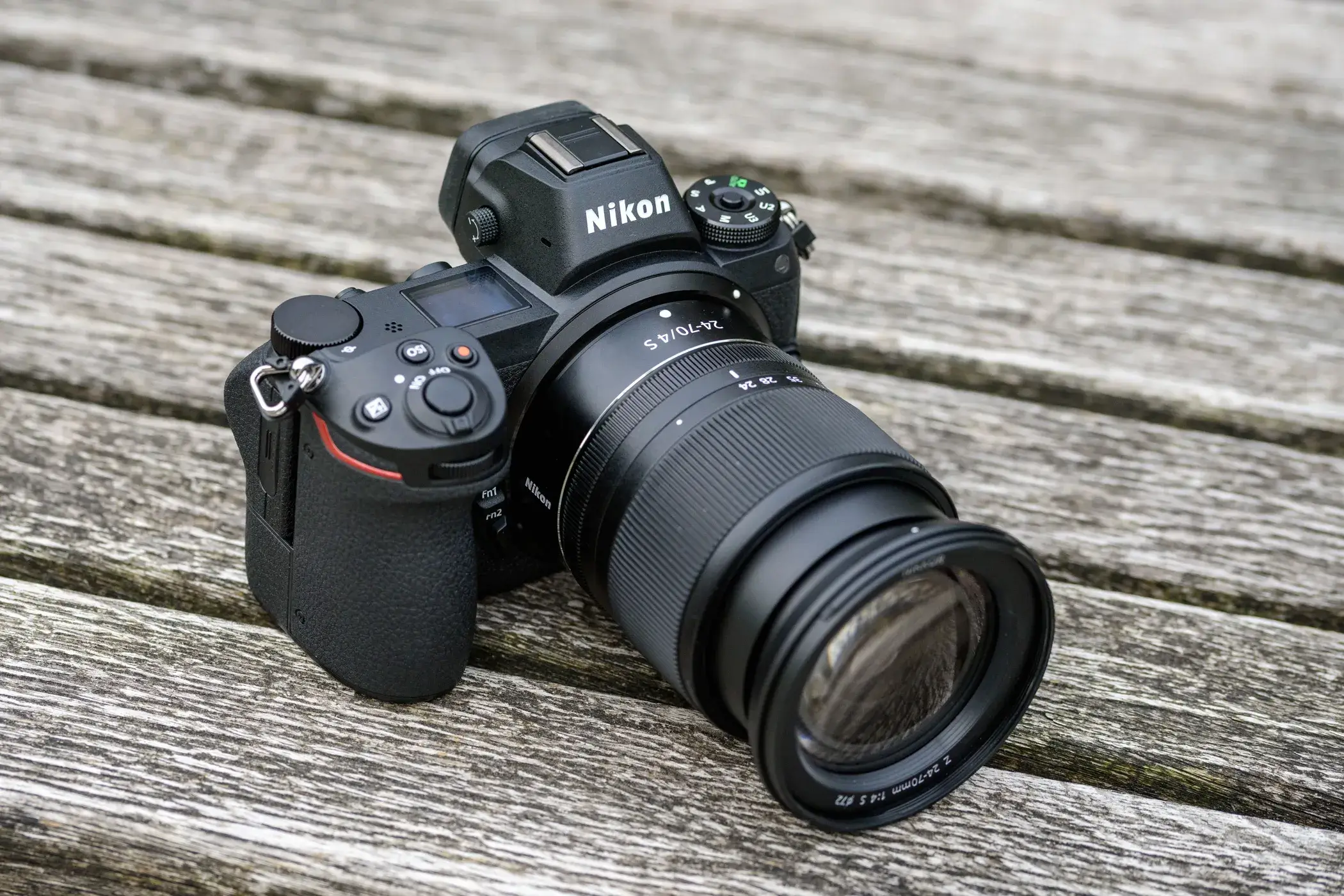
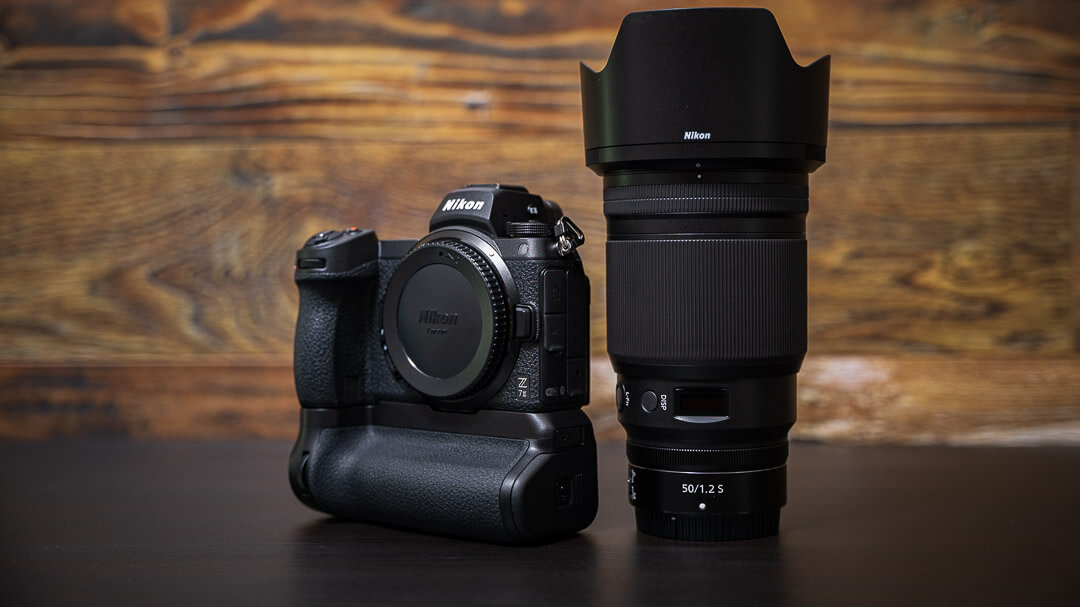
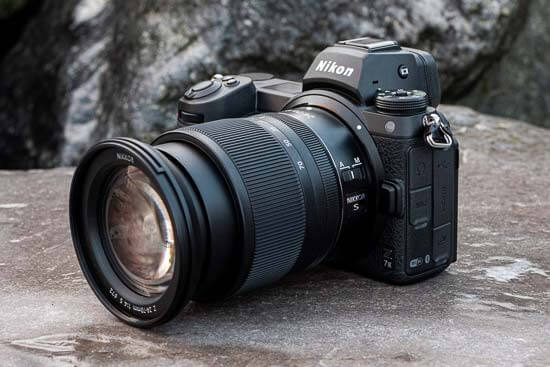
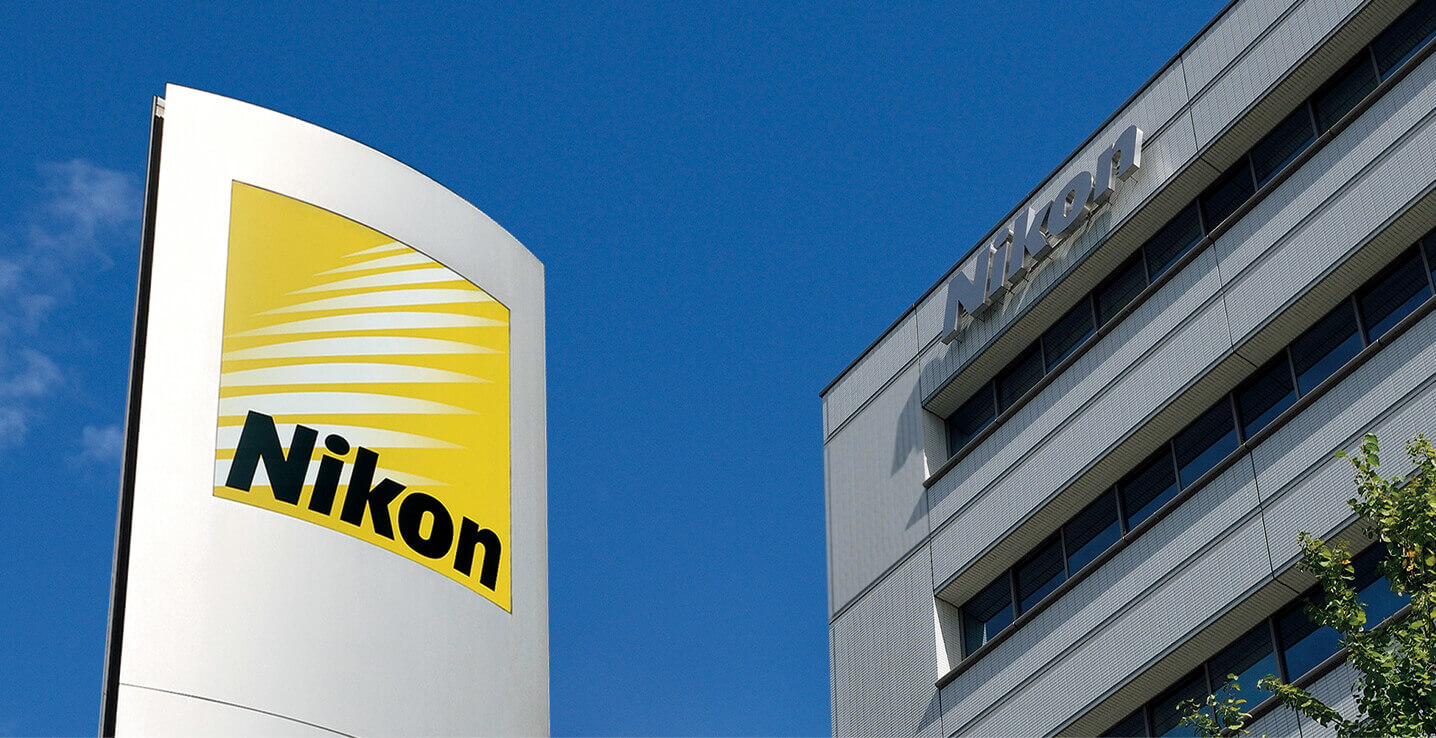
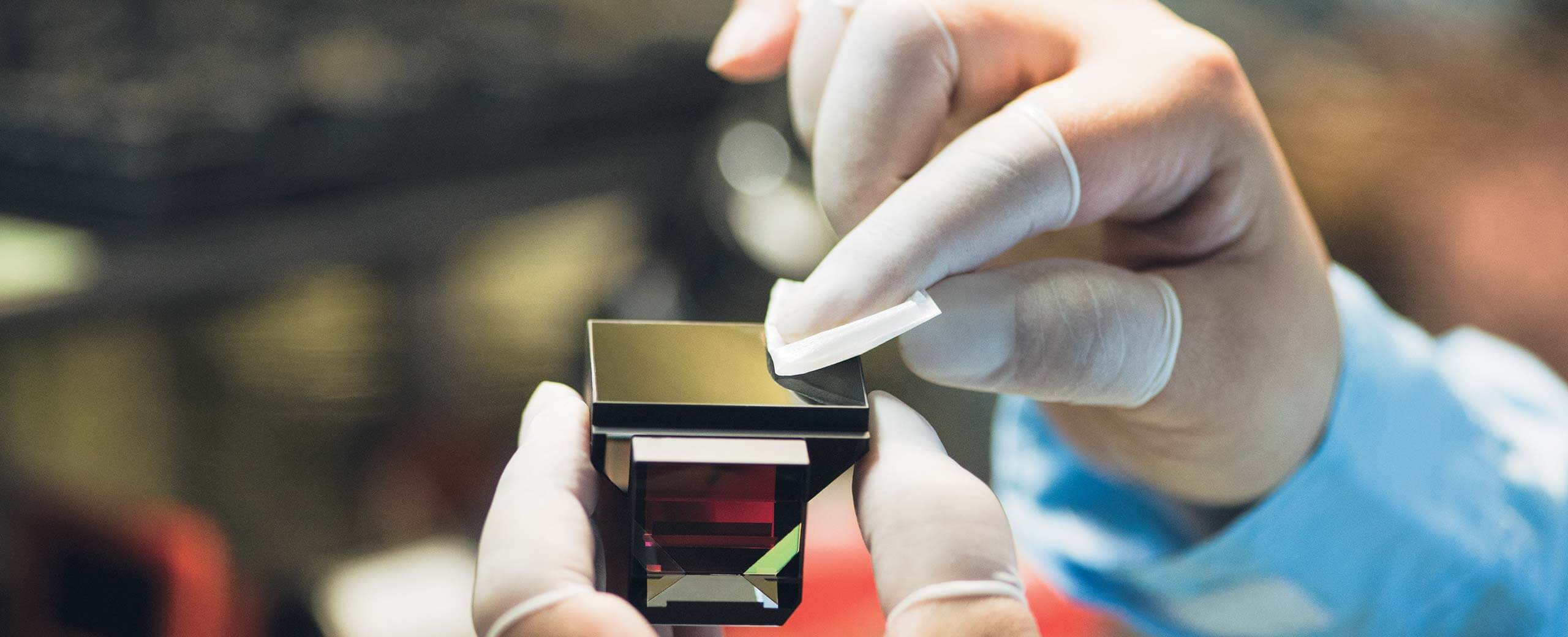
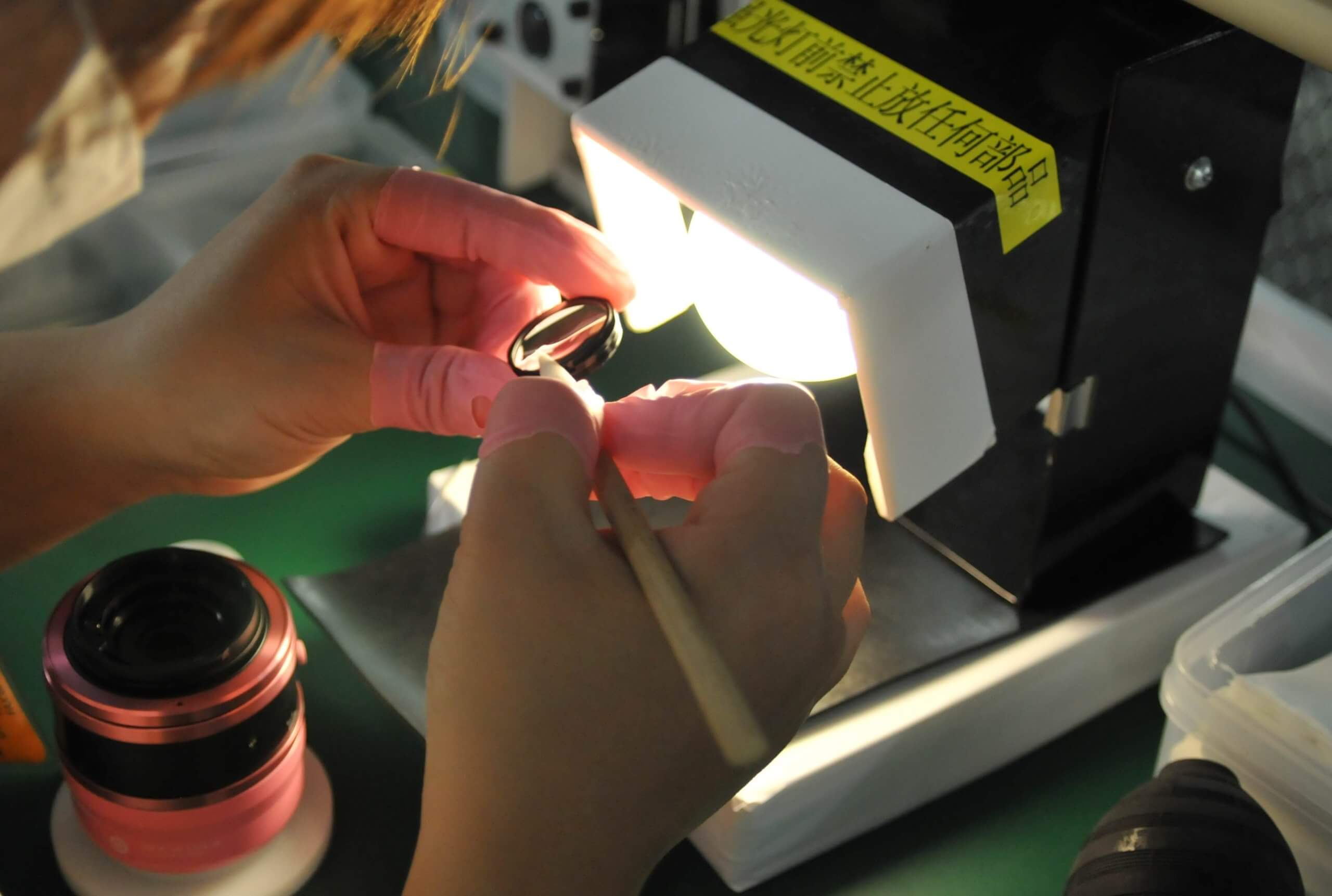
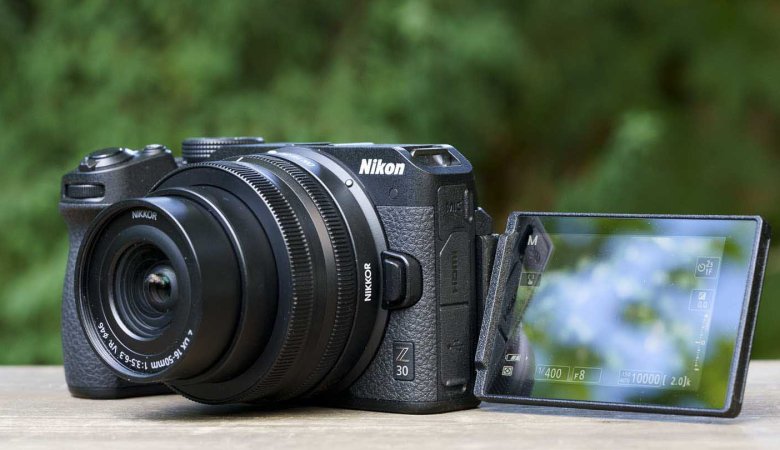
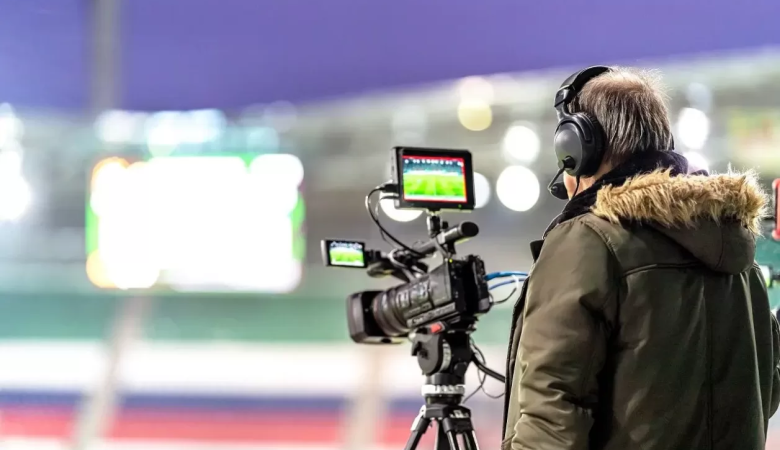
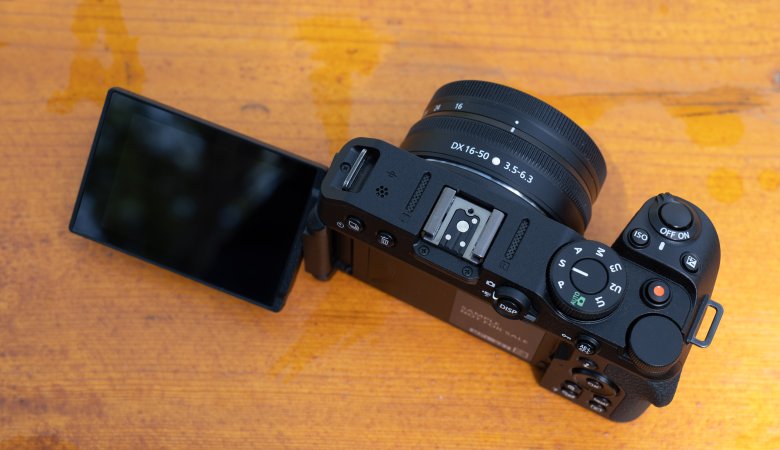
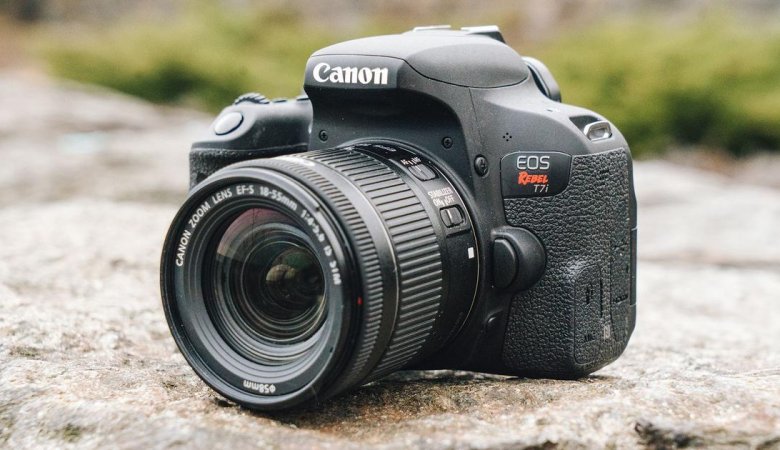
Leave a Reply